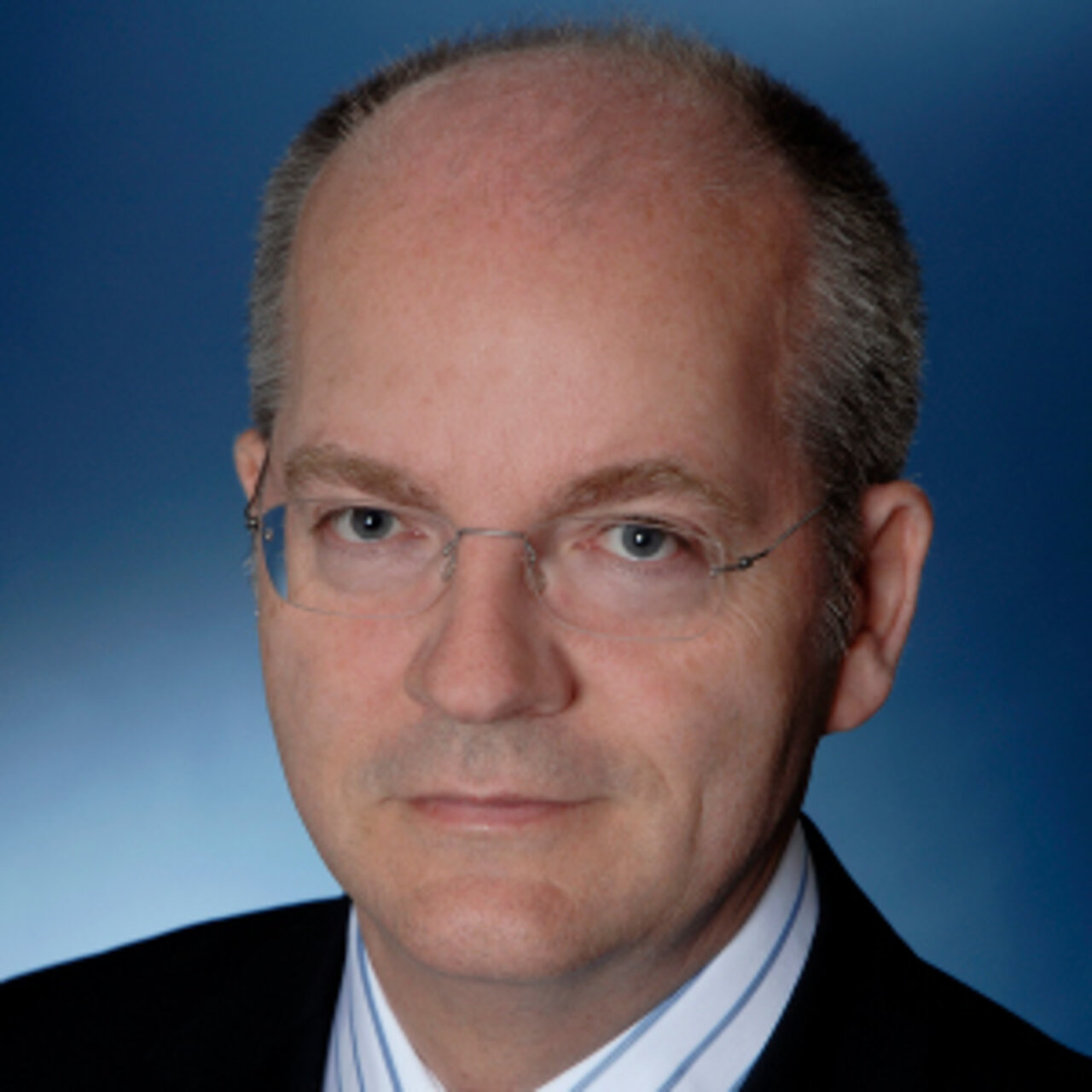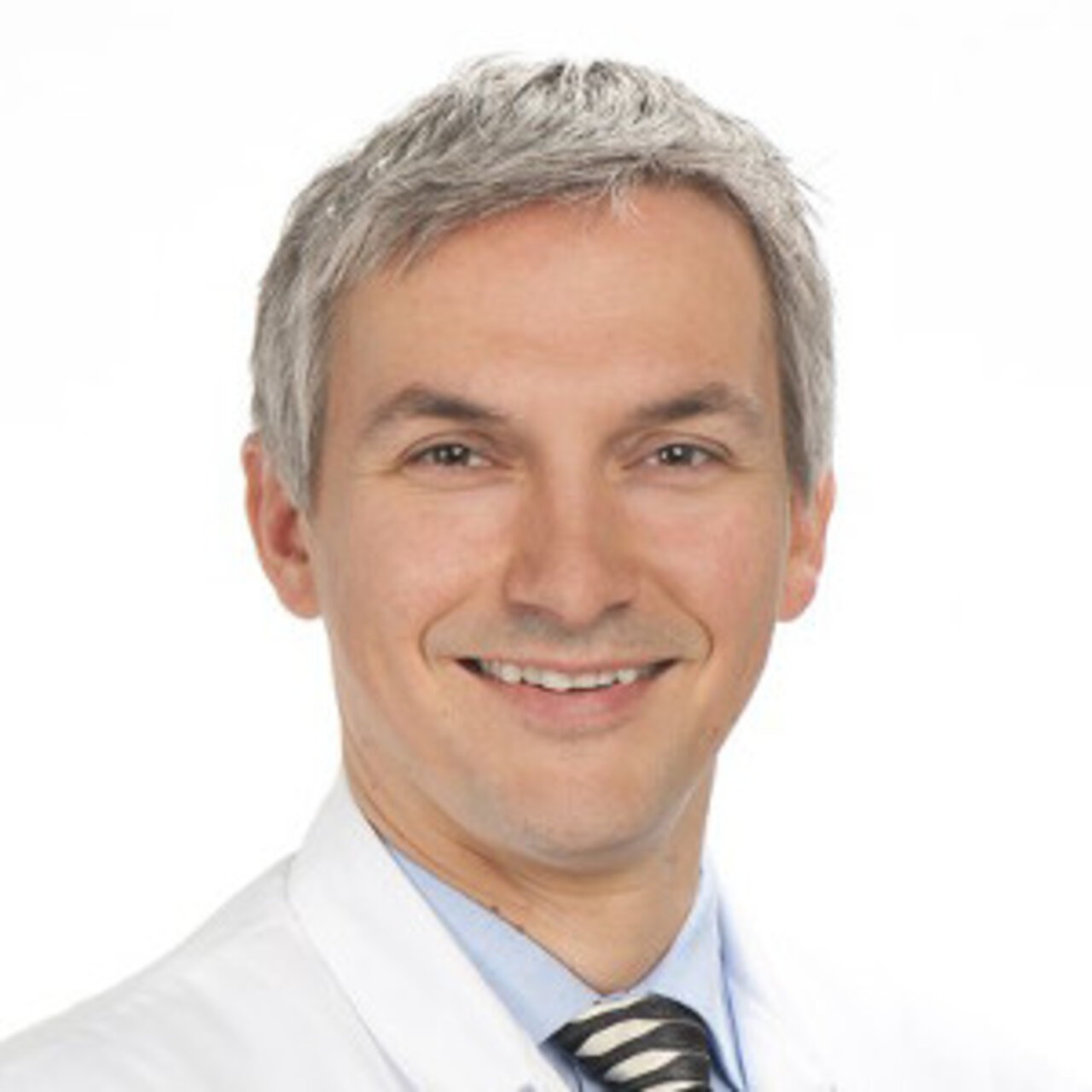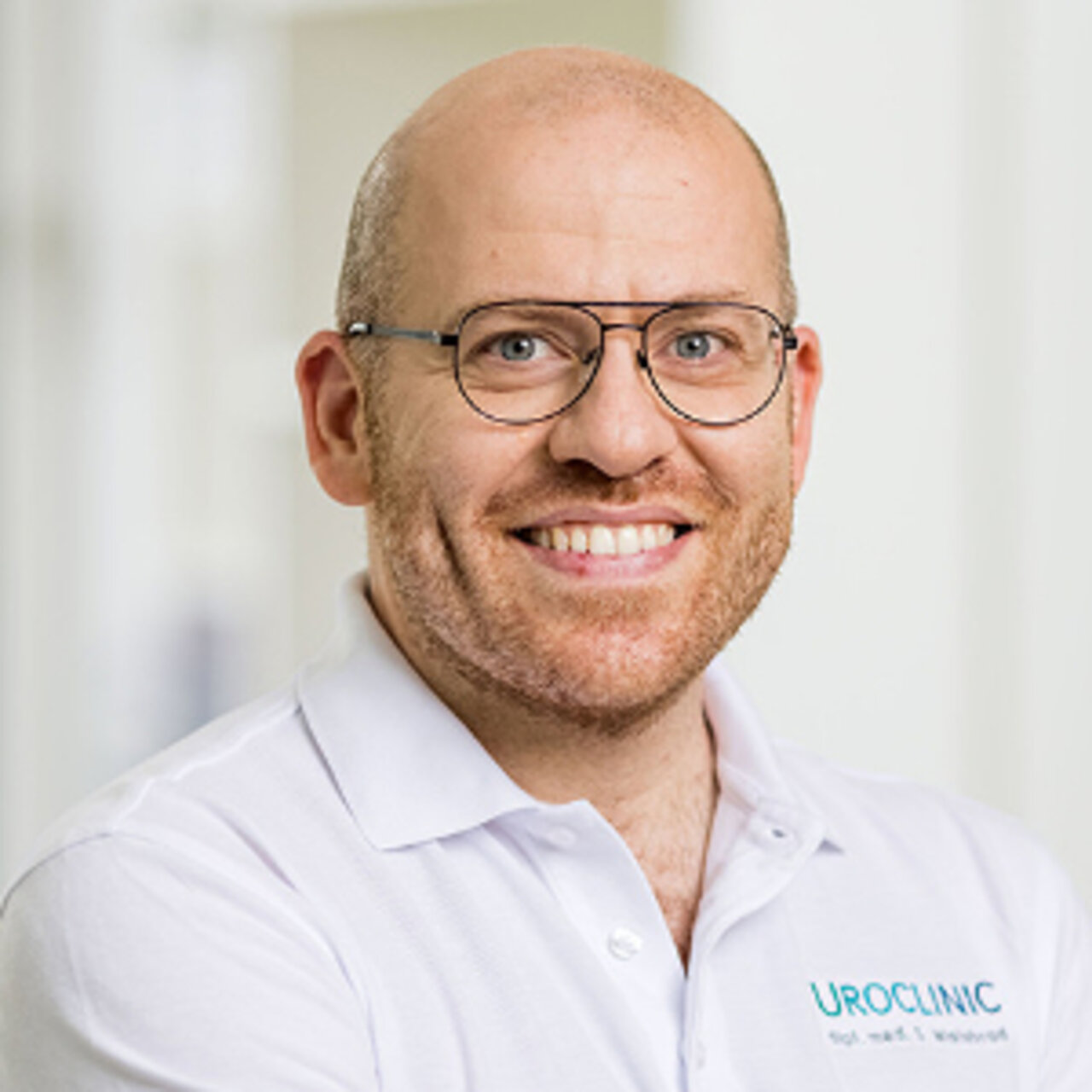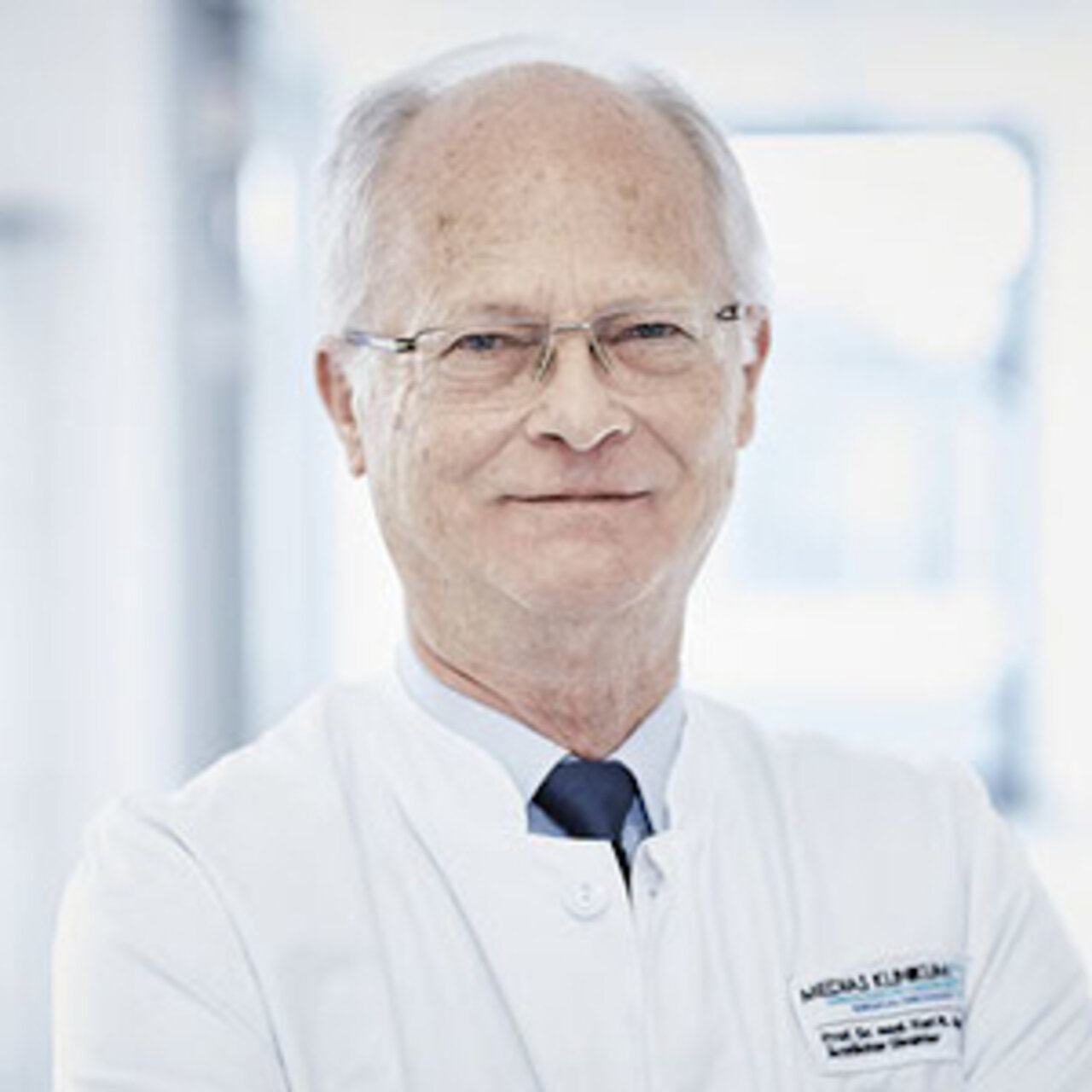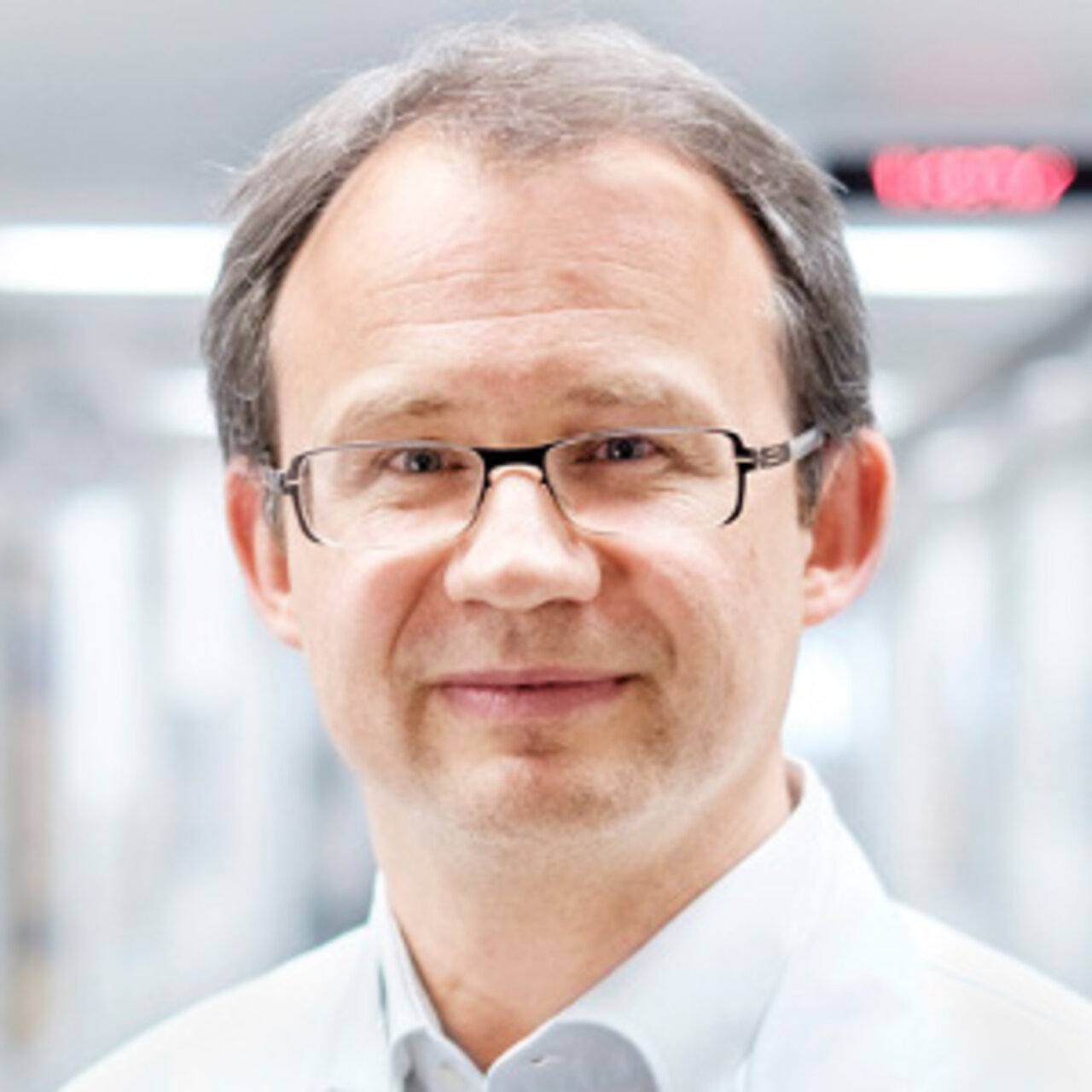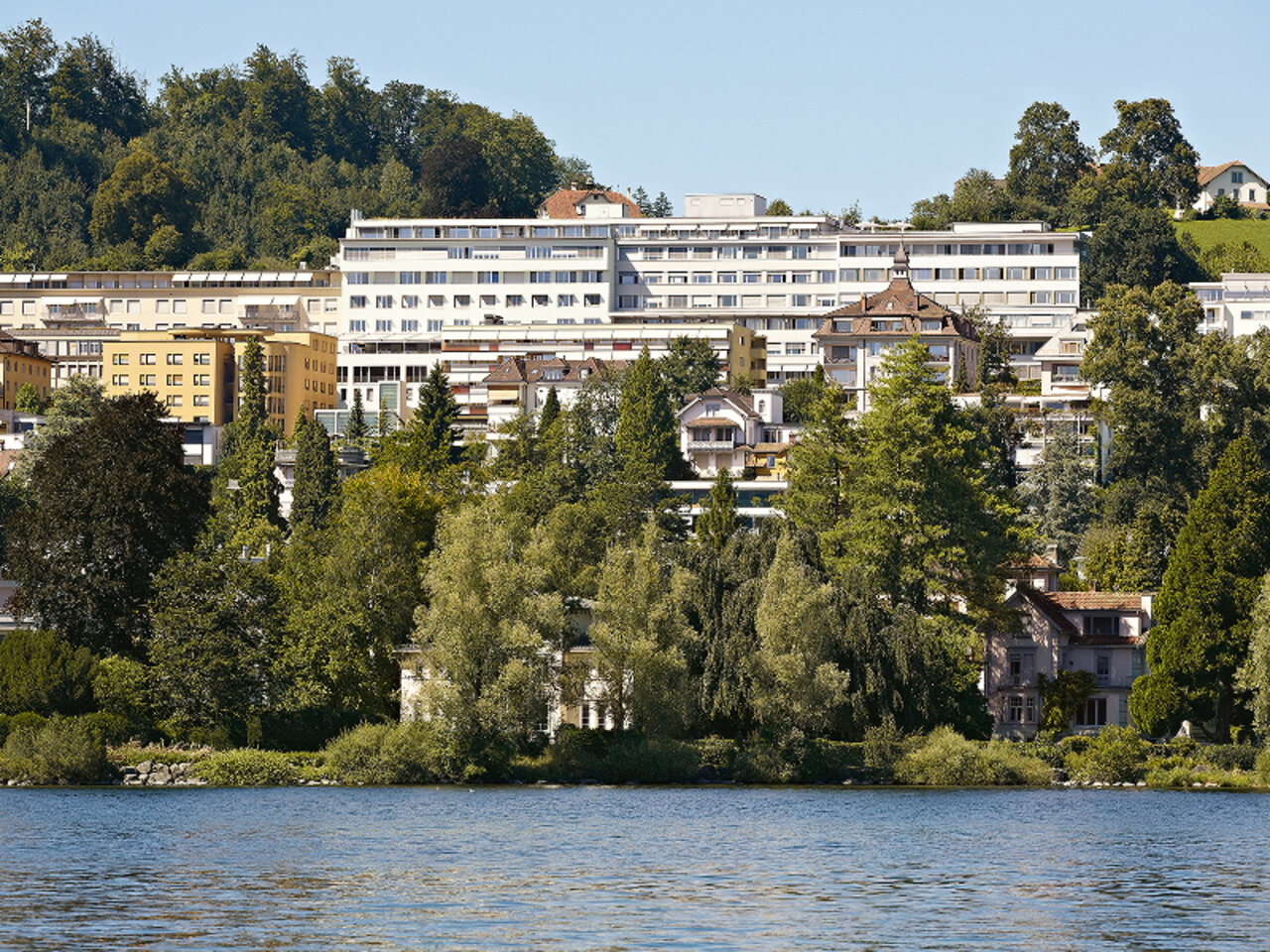Specialists in Testicular Cancer
9 Specialists found
Information About the Field of Testicular Cancer
Definition: What Is Testicular Cancer?
The male testicle consists of germ cells (sperm and their precursors) and cells of the surrounding tissue (supporting function and nutrition of the sperm precursors). Unlike in women, whose eggs are virtually mature after birth, new sperm mature throughout their lives in men.
This place of great cell growth and genetic material production is also the place where malignant cell clones (cancer cells) can develop. Depending on the cell of origin, different types of testicular cancer develop, which are treated differently. The first therapeutic step for all types of testicular cancer is testicular cancer surgery.
Frequency and Symptoms of Testicular Cancer
Malignant testicular tumors account for about 1-2% of malignant cancers in men, which is not much. Between the ages of 20 and 40, testicular cancer is the most common cancer in men. More rarely, testicular cancer also occurs around the age of 60.
Mostly this cancer is noticeable by an enlargement or a lump/protrusion in the testicle. It is often harder and painless. Due to the possibility of palpation, men in young adulthood should examine themselves regularly. For example, it is easy to check for irregularities such as firm lumps or a painless increase in testicular size while showering.
If there is any uncertainty, it is essential to see a urologist as soon as possible. Better three times unnecessarily, than once too late, a testicular tumor is diagnosed, is the motto.
Therapy: The Procedure of Testicular Cancer Treatment
Whether it is a germ cell tumor or cancer cells of the testicles supporting tissue, testicular cancer is always operated on in the first place. There is an urgently suspected testicular tumor before the surgery. The testicular tumor can only be certainly diagnosed during the surgery. It is impossible to do a biopsy earlier because the risk of spreading cancer cells is too high.
In the first step before the actual testicular cancer surgery, the urologist will clarify the tumor's spread and type as far as possible. Specific tumor markers (proteins in the blood, which can increase in various diseases) give first indications of the tumor. However, it is impossible to obtain exact certainty because the tumor markers are non-specific and can also indicate other causes in the body.
Whether cancer cells have already settled in other organs (metastasis) is checked by computer tomography images of the abdomen and chest area (CT abdomen, CT thorax). In particular, testicular cancer uses lymphatic pathways for spreading.
Fertility diagnostics is a further pre-operative step. In 50% of testicular cancer cases, there is already a limited sperm count or sperm motility before surgery, which can be further reduced by subsequent chemotherapy or radiotherapy. In some instances, sperm collection with cryopreservation (freezing) is indispensable for fulfilling a later desire for a child.
The Procedure of Testicular Cancer Surgery
The testicular tumor surgery is usually carried out in an inpatient setting, sometimes also in an outpatient setting. After anesthesia, the urologist makes an incision in the groin area, through which the inguinal cord is located, and the testicle is lifted from the scrotum (inguinal orchidectomy). This detour via the groin is made because a direct incision via the scrotum would most likely lead to the tumor cell diversion via the testis's lymphatic system. Groin incision allows identifying all incoming and outgoing vessels at the beginning of the surgery and dividing them at any time.
The urologist then places a sterile cloth under the testicles and opens the testicular coat and suspected tumor area. The experienced urologist can only identify whether and what type of testicular tumor is involved by visual diagnosis. A tissue sample is examined by a pathologist during the surgery using the frozen section method for verification. Then the testicle is removed together with the spermatic cord from the groin.
Since a testicular cancer precursor in the epididymis is present in 5% of the cases, a tissue sample is taken from the opposite testis in the same surgery.
What Are the Chances of Recovery from Testicular Cancer?
Depending on the type of testicular tumor, the surgery is followed by irradiation or chemotherapy. In particular early stages, controlled monitoring is sometimes sufficient.
The 5-year survival rates are between 95 and 100% in stages I and II and 70-90% in stage III. Due to the risk of developing another testicular tumor on the other side of the testis within the next few years, regular check-ups should be carried out.
Advantages and Disadvantages of a Testicular Prosthesis
For many men, the loss of a testicle restricts their masculinity, especially in the aesthetic area. There are so-called testicular prostheses, i.e., artificial testicles inserted into the scrotum to remedy this. In many cases, this leads to inflammation or does not have the desired effect, so that the artificial testicles are often removed.
Which Doctors and Clinics Are Specialized in Testicular Cancer Treatment?
Every patient who has a testicular tumor wants the best medical care. Therefore, the patient is wondering where to find the best clinic for diagnosis and testicular cancer treatment.
As this question cannot be answered objectively, and a reliable doctor would never claim to be the best one, we can only rely on the doctor’s experience.
The more testicular cancer surgeries have been carried out, the more experienced the doctor becomes in his specialty.
Testicular cancer specialists are urologists who specialize in the treatment and surgery of testicular cancer. Due to their experience and many years of practice, they are the right contact person for testicular cancer surgery.
Sources:
http://www.krebshilfe.de/fileadmin/Inhalte/Downloads/PDFs/Blaue_Ratgeber/016_hoden.pdf
Gasser, Thomas (2009): Basiswissen Urologie. Mit 13 Tabellen. 4., vollst. überarb. Aufl. Heidelberg: Springer (Springer-Lehrbuch).
Rübben, Herbert (2009): Uroonkologie. Mit 269 Tabellen. 5. vollst. überarb. Aufl. Heidelberg: Springer Medizin Verl.
